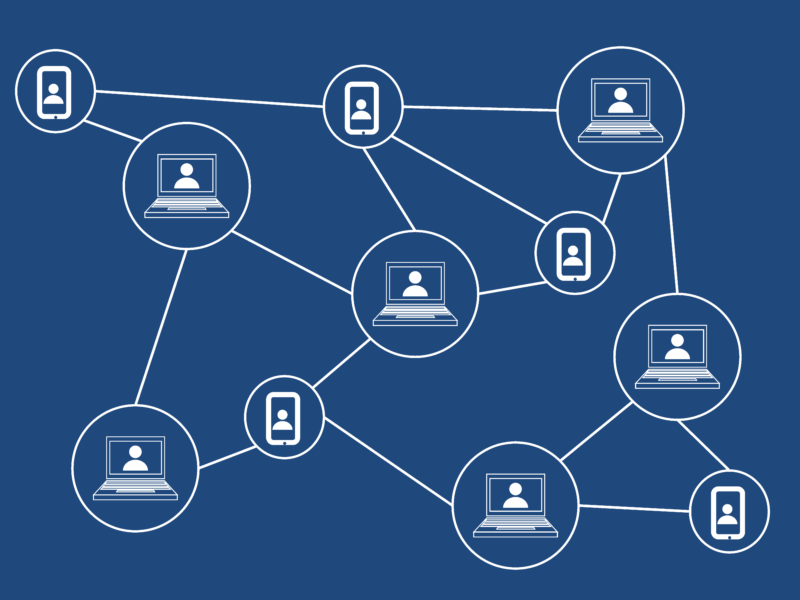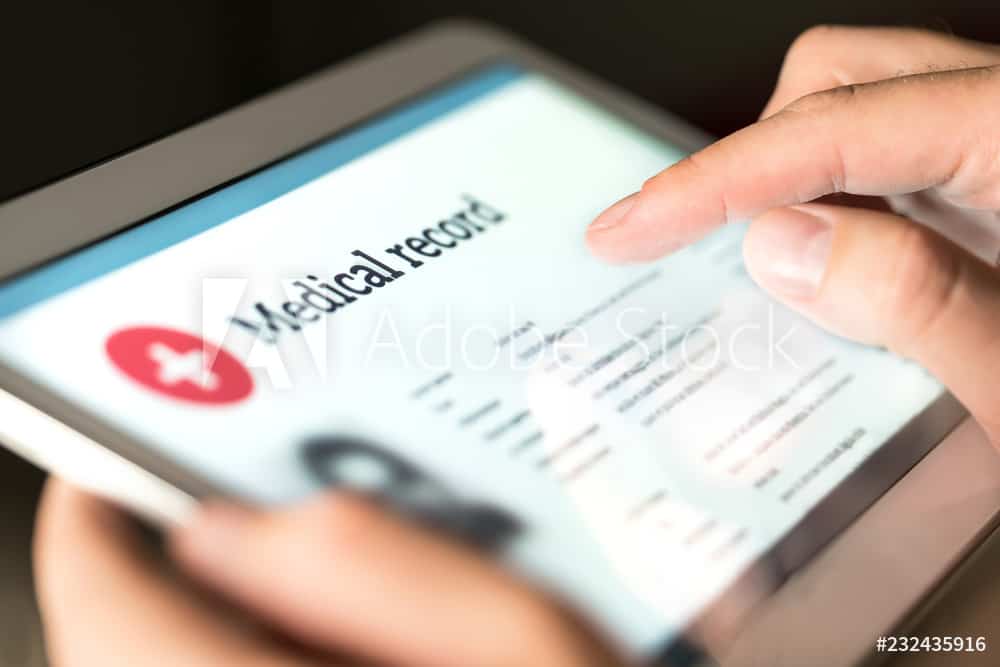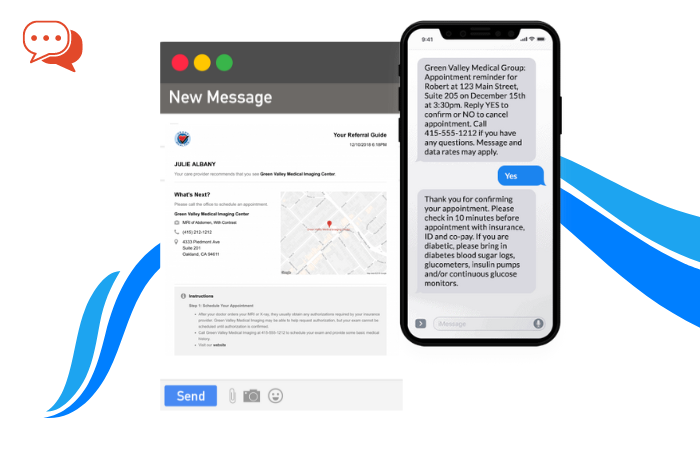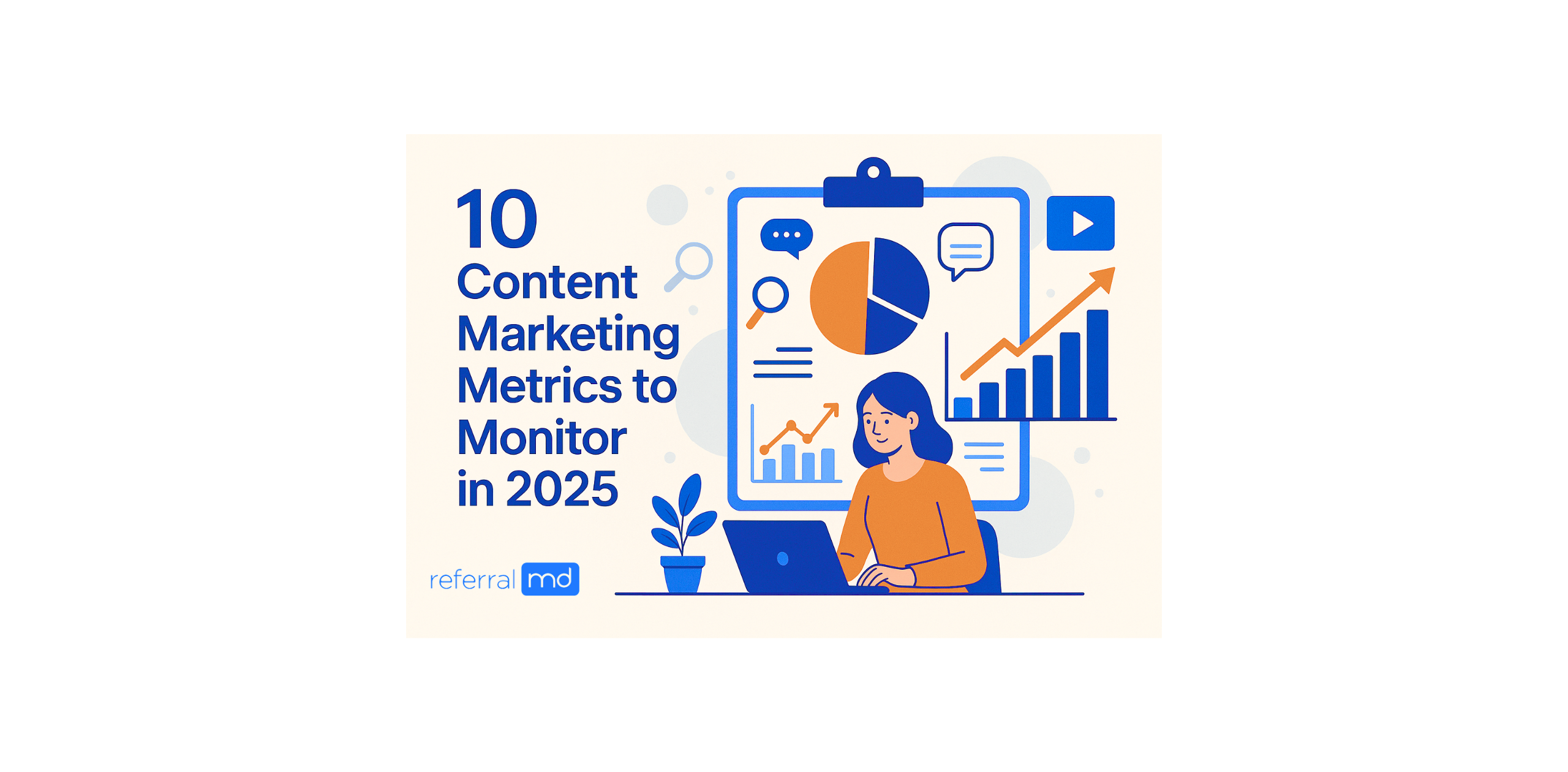Blockchain is a revolutionary technology that has become incredibly popular these days. Blockchain is also known as “public ledger technology.” It is the technology that keeps the flow of data secured in a distributed and decentralized environment. Initially, this technology was used in digital currencies like Bitcoin, but later it has found its usage in other industries like healthcare, insurance, banking, and others. In the healthcare industry, blockchain technology has been widely adopted for the free flow of information from one place to another. The blockchain-powered system unlocks the barriers of healthcare data sharing and provides data security.

Photo by TheDigitalArtist on Pixabay
What is Blockchain?
In simple terms, you can think of Blockchain as your social media profile where everyone can access the information but can not change the information. One block’s hash is produced using the block’s mixture before, and together it becomes a chain of blocks. Thus it is called the Blockchain. In this blog, we will highlight how the healthcare industry benefits by implementing blockchain technology.
It is a distributed system where there is no central authority. All the participants in the shared environment can interact without establishing trust among them. It uses cryptographic techniques to build an authentic chain. Before the information is added, stored, or exchanged, it gets notified to all the chain participants. Only allowed, relevant and authentic information comes into the system. In this way, all the information is trustworthy, and there is no need for an audit, which saves money and time.

How Blockchain supports the healthcare industry:
1. Prevents hackers
The clinical data is to be kept secure and confidential for many different reasons. It contains information that hackers can utilize to harm someone’s life. If any hacker or anti-social element hack and access the database, he/she can put the patient or hospital into jeopardy. Blockchain helps in preventing these threats because of its decentralized security and cryptographic encryption.
2. Identifies Counterfeit drugs
Every year the healthcare industry loses millions of dollars due to the counterfeiting of drugs. The loss is not just monetary. It also harms public health. With the Blockchain’s help, the security of medicines and non-consumable medical supplies gets more secured, and only the individuals in the supply chain can access it.
3. Assists with HIPAA (Health Insurance Portability and Accountability Act) Compliance
HIPAA is a set of security rules by the government. Medical data management must be accessible by all medical practitioners, such as pharmacists, diagnosticians, clinics, and other specialists in the field. Healthcare companies spend billions of dollars to make the system HIPAA compliant. Blockchain technology can reduce the cost of HIPAA compliance and also systems can be made safer.
4. Reduces administrative tasks
Every medical organization tries its best to ensure the safety and privacy of the data. The medical staff, without the technology, go through all the hectic undertakings of the manual work. It takes ten times more time with a manual process than it would take with the technology to enter the data. The manual security measures still have a chance of getting breached. With technologies like Blockchain, the manual entry process can be faster.
5. Supports the Drug Supply Chain
In a non-technical drug supply chain system, there are many limitations. The authenticity of the drug composition and contamination of drug packages stand out to be the major problems out of many. It is not an easy walk in the park for a non-technical drug supply chain to retain the authenticity of drugs being transported. A blockchain-powered drug supply chain system ensures safety, authenticity, and on-time delivery of drugs. It also helps the manufacturer ensure the correct mix of composition as per the medical standards, which can lead to a great loss.
6. Automates control over transaction security
Blockchain makes the system autonomous. It makes it completely free from relying on third parties, even banks, by allowing a peer-to-peer transaction. It also reduces the transaction cost. It makes the system more automatic and deals with many obvious actions by itself.
Challenges in the implementation of Blockchain in the healthcare industry:
- According to Piyush Jain, Founder of Simpalm an app development company, it is not easy for Blockchain to embark into the healthcare industry. It seems to be the best fit for technology for cryptocurrencies. As far as the healthcare industry is concerned, we haven’t seen many successful startups with this pattern. Despite the broad acceptance, it gives us a sense of doubt and uncertainty.
- The process of data ownership and standard of granting permissions is unavailable so far, which is a question. Medical data, in most cases, are sensitive and can lead to considerable losses if misused. Therefore the ownership of data has to be uniform and secured with specific guidelines.
- Implementation of blockchain technology certainly has a cost, but it has no consistent trends or statistics regarding figures. Many medical firms move back and forth when it comes to implementing it just because it has no precise numbers on the cost of implementing the technology into the system.
- No rules and regulations have been incorporated on the usage of blockchain technology. HIPAA (Health Insurance Portability and Accountability Act) acts in the place. It would be unethical for any reputed firm to implement something in the system that lacks the proper guidelines over its usage.
- Blockchain is a new technology, and the current environment in healthcare is not very adoption of Blockchain. It is difficult for any firm to rely on blockchain technology because they have to train their existing employees with this new technology. Training will appear like an extra cost to the company.
Conclusion:
While reviewing changes that have occurred in the past few years, Blockchain has moved the healthcare industry to a high-performing sector by bringing in the technological infrastructure. The adoption is widespread in the industry, but still, it is foreign to many executives. CXOs of the healthcare industry should try to learn more about Blockchain and adopt it in the system. Blockchain is a technology wave that the Healthcare sector should not overlook.











